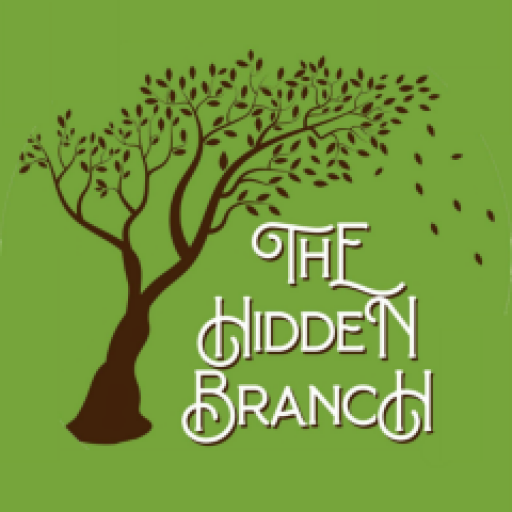This week, our Tuesday Tips is about searching for existing One Place Studies and One Name Studies that are relevant to your family history in order to search for more information. When I started out in genealogy, I had no idea these were a thing, so I thought it was important to draw attention to these valuable resources put together by committed family and local historians.
One Place Studies (OPS) are focused investigations into the people who lived in a particular place throughout a period of history. Many people choose a hamlet, village, or small town. Some people my even limit it to just a particular street. There is a directory of OPS and the Society for OPS where you can search to see if a OPS already exists for one of your areas of interest. Not all studies will be registered through these websites and may be conducted independently, so it would be worth searching for teams such as your specific location +One Place Study to find independent studies. WikiTree also has a lot of information for starting a OPS if you’re interested in using their global tree platform to do so.
An example from my own research was through stumbling across a comprehensive OPS of Crich, Derbyshire when I searched Google for a great great-granduncle using the search terms, ‘”Herbert Harrison” +Crich +Derbyshire’. The Crich OPS was the top result, and through this site I found photos not only of Herbert, but of four of his siblings, as well as transcriptions of their military service information, census records, and newspaper articles relating to them. This study was worked on by multiple people and had a huge scope, being able to contact descendants of Crich inhabitants to gather loads of information. Not all studies have this scope, but it goes to show the potential a OPS has to help you along with your own research.
One Names Studies (ONS) focus on a particular surname and document all the families with that name, sometimes restricting it to one geographic area if it’s particularly common. Sometimes they will combine the use of DNA, especially Y-chromosome DNA, to further their studies. These studies are a great way toYou can search for an existing ONS through the Guild of ONS or the Surname Society. As with OPS, not all studies will be registered so it’s worth searching using various search terms, such as the name you’re interested in +surname, +family, which is how I found this study into the Maver/Mavor family. A well-known example of a study into a family surname is Megan Smolenyak’s Smolenyak study – the video is several years old now but it’s still worth a watch to see what can be achieved. WikiTree also hosts ONS projects, so it’s worth searching there for your relatives in case someone has already gathered information on your ancestors.
I hope this tip to utilise existing OPS and ONS in your research has been helpful. Have you found anything useful from someone’s existing study before? Has one of these studies every helped you break down a brick wall? Let us know in the comments or tell us on Twitter @TheHiddenBranch!
